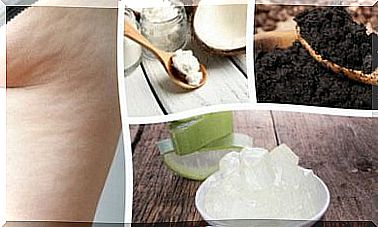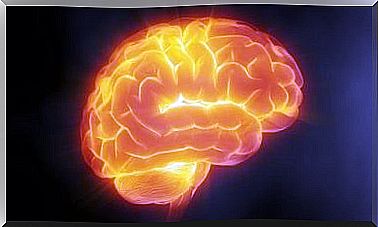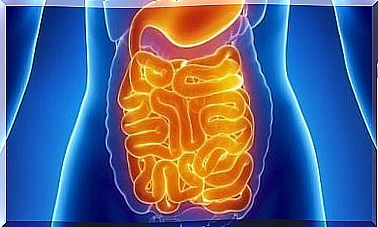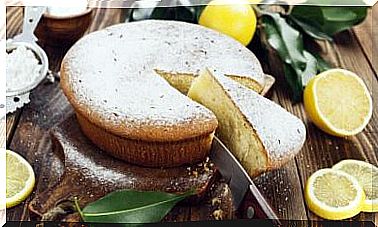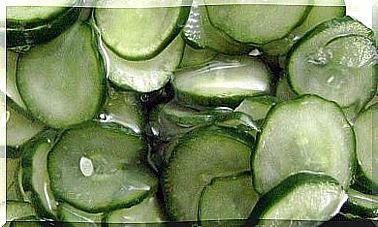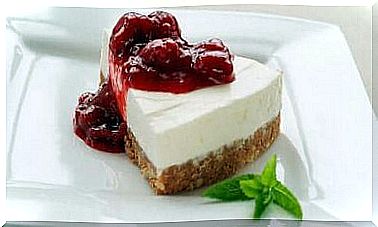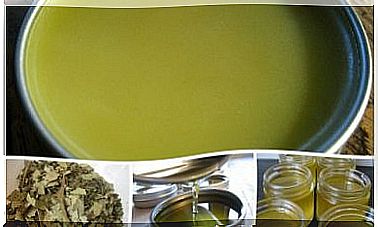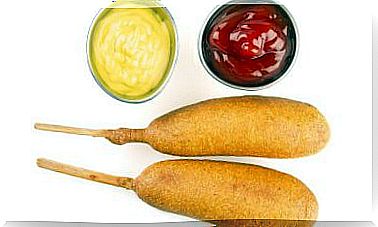Cereal Breakfast: Is It Healthy?
Adding products and ingredients to breakfast is common practice for many people, but is it healthy to eat cereal for breakfast and what should I know about it? Check them out below.

Breakfast cereals are common for many people, whether mixed with milk, vegetable drinks or yogurt. So there are different options, because they can be made with corn, rice, oats and chocolate. But they can also be made with other ingredients.
In this regard, according to the Spanish association El poder del consumidor , cereals such as oats, rice, wheat and corn provide a high nutritional value, as they contain proteins, carbohydrates, natural fats and fibers.
However, when these foods are subjected to a refining process to produce canned cereals, their nutritional components are lost. In this sense, the specific difference between a whole grain and a canned grain is the manufacturing process.
What are the different types of cereals?
According to the article published by Argentina’s Ministry of Agriculture, Livestock and Fisheries, processed breakfast cereals have their origin in the vegetarian movement of the last quarter of the 19th century. Today the production has grown, so that there is a great variety.
In particular, you can find different cereal options for breakfast, such as the following:
- Flaked Cereals : These are made from refined flour and contain added salt, sugar, malt or other ingredients. They are usually fortified with vitamins and minerals to compensate for the refinement.
- Puffed cereals : These are made by adding air pressure to the different grains. They are light and crunchy compared to other grains.
- Cereals and high in fiber : These are made from the whole grain of the cereal.
- Cereals muesli type : it is a mixture of cereals (oats, puffed rice, corn, wheat), nuts (almonds, walnuts, hazelnuts) and dried fruits (raisins, apple, banana, coconut)
- Porridge : made from oats, among other ingredients.
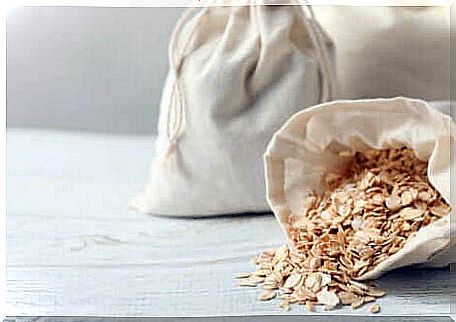
Is it healthy to eat cereal for breakfast?
It is worth noting that eating cereals for breakfast can be healthy if they come from whole grains. On the other hand, if you regularly eat canned cereal for breakfast, it will not be healthy. In this sense, we must learn to differentiate what each of the options brings.
Whole grains
Whole grains such as oats, rye, barley, corn, whole wheat, and brown rice provide the vitamins, minerals, and nutrients the body needs. They also contain dietary fibers, which perform various functions in the body and are therefore beneficial.
There are also other cereals that can be eaten, which are not classified as cereals but as pseudo-cereals. These include quinoa, amaranth, and buckwheat, which also provide nutrients and are healthy for the body.
Canned cereals
As mentioned, canned cereals are made from refined cereal grains. Then other substances are added to them which, in excess, make them unhealthy.
According to current scientific evidence, these edible products are made in the following ways:
- The grains are transformed into white flour
- Ingredients such as sugar, cocoa and water are then added.
- This mixture is then extruded. This involves the use of a high temperature machine to shape the grain.
- This paste is then dried.
- Finally, the dough is molded into shapes, whether they are balls, stars, rings, flakes or rectangles.
For all of these reasons, canned cereals are processed foods that contain excess sugar and provide virtually no fiber.
Benefits of a whole grain breakfast
The health benefits will depend on the cereals you eat for breakfast, since on the one hand you can eat whole grains like oats and on the other hand, those mentioned in the previous point.
They can prevent constipation and promote general health
Eating cereals such as oats for breakfast, along with fruits and seeds, is a healthy option because the intake of vitamins, amino acids and fiber is great for liver and heart health. In addition, oats and other grains that provide fiber promote intestinal transit and prevent constipation.
They provide vitamins and minerals
They can be ideal for providing micronutrients like vitamin A, folic acid, and minerals like iron, zinc, selenium, magnesium, and copper. Thanks to these elements, they can help strengthen the immune system.
They provide healthy fats and reduce bad cholesterol
Cereals such as buckwheat or quinoa contain essential fatty acids of the omega-3 type. They also provide protein (which contributes to satiety) and dietary fiber. Thanks to these components, they can lower bad cholesterol, regulate blood sugar and prevent diseases such as diabetes.
They help maintain a healthy weight
Specifically, it is a quality food that contains fiber and protein that generates satiety, which prevents overeating and snacking. This is why they can help maintain a healthy weight.
How do you choose a healthy cereal box?
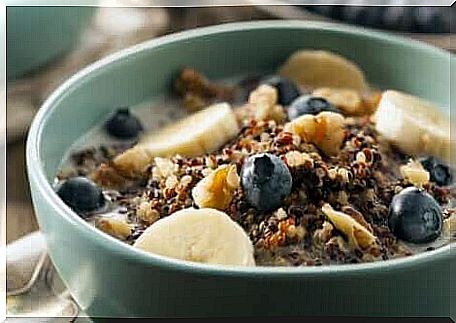
Of course, it is convenient to choose whole grains or those that have undergone minimal processing. By this we mean the absence of excess sugars or added chemicals.
Therefore, if you opt for canned cereal, it is advisable that they contain the following:
- Between 15 and 20 grams of carbohydrate per serving, at most
- Less than 250 milligrams of sodium
- At least 25% minerals such as calcium or iron (i.e. they must be fortified)
- At least 3 grams of fiber
- Up to 8 grams of white sugar
- Less than 3 grams of fat
One suggestion for choosing a quality product is to read the nutrition label. If the main ingredients are sugar, fat or refined oils and flours, it is advisable not to take these foods or consume them regularly.
Is Eating Cereal For Breakfast Healthy?
You have to be critical and take into account that the occasional consumption of a processed food, whether it is canned cereal or the like, will not lead to specific damage to health. Specifically, it is how often and how much we consume these foods that matters.
On the other hand, remember that you can have a healthy breakfast if you choose natural foods like oats, puffed rice grains (no added sugar), quinoa, amaranth, and granola, between other.
Also, remember that breakfast and other meals throughout the day should provide quality nutrients. Therefore, when possible, consume natural products or those that have undergone minimal processing.
